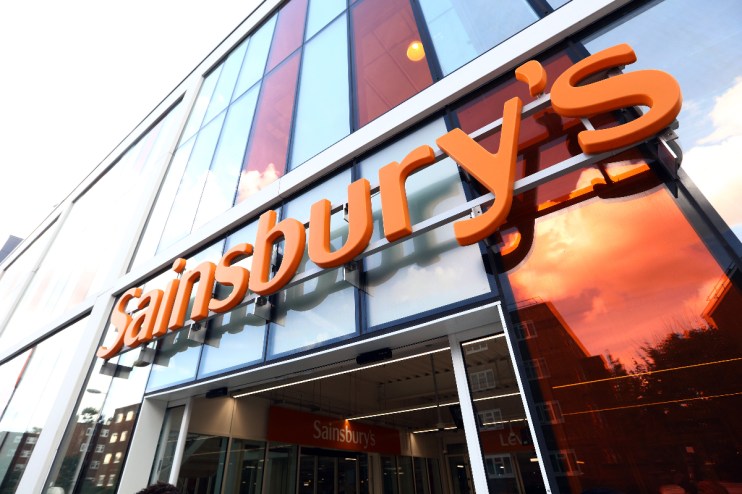Sainsbury’s: Business rates ‘nothing more than an unfair tax on shops’

Sainsbury’s has urged the government to cut business rates and warned that failure to act could lead to over 17,000 shop closures over the next decade.
It has called for a rate cut of 20 per cent in a bid to revitalise the high street and protect jobs.
Not only would this project jobs, the retailer argued, but it could also boost government tax revenue by £70m net per annum.
Business rates rise every year under a controversial multiplier rate. The small business rate multiplier has been frozen at 49.9p since 2019, but the standard business rate was unfrozen for the 2024/2025 financial year and rose to 54.6p.
A report by Development Economics found that the 2024/2025 rate rise will cost businesses £1.6bn in its first year, with over a quarter of this falling on the hard-pressed retail sector.
“All responsible retailers want to pay their fair share of tax, but the current business rates system has become an enormous burden on our industry,” chief executive of Sainsbury’s Simon Roberts said.
“It is no longer fit for purpose… It has failed to keep pace with major changes in how customers are now shopping and how much our retail industry has changed over the last decade,” he added.
According to Development Economics research, without reform, business rate increases via the multiplier effect, which could lead to 17,300 retail closures over the next ten years.
The closures could cost the government as much as £5.5bn in lost tax revenue.
“The scale of the challenge the retail industry faces is huge, with very high numbers of job losses and store closures that are scarring our high streets and communities,” General Secretary of USDAW – the 360,000-strong union which represents a number of Sainsbury’s workers – Paddy Lillis, said.
“The current business rates system… places bricks and mortar retailers at a significant disadvantage to online retail.
In effect, this amounts to nothing more than an unfair tax on shops and action has to be taken to level the playing field,” Lillis added.
As part of its manifesto, Labour said it would “replace the business rates system, with a new system that will level the playing field between the high street and online giants”.
However, it is unclear what exact shape this reform will take.
“Successive governments have recognised that there is an issue with business rates yet have looked at them in isolation and have required any changes to have no impact on revenues from the tax in the same year.
This is why the reforms we have been promised have only ever led to tinkering around the edges… business rates should be looked at holistically within the basket of taxes,” Simon Green, Head of Business Rates at Gerald Eve said.
“The government’s approach to planning reform has highlighted that it is happy to take the bull by the horns and make changes quickly… the same approach is now needed on business rates,” Green added.
Sainsbury’s argues cuts would boost growth
Sainbsury’s and USDAW have urged the government to cut rates by 20 per cent.
Sainsbury’s said such a cut would protect and create over 17,000 retail jobs, as well as “deliver[ing] benefits to the UK’s hard-pressed high streets,” Sainsbury’s said.
Last month, a business group representing dozens of major retailers on London’s Oxford Street also called for a “comprehensive” reform to business rates to boost Britain’s high streets.
Cutting rates would boost GVA – a key measure of a sector’s contribution to the economy – by £400m per year, Development Economics found.
Lillis said: “We strongly welcome the manifesto commitment from the Labour Government to take action on this issue [and] we are keen to work with Government and business to ensure that business rates are replaced with a fairer system, which allows our high streets, towns and cities to thrive.
“Only by working together can we help to deliver the better jobs retail workers need and deserve, while securing the future viability of the industry for the benefit of customers, workers, communities and our economy.”
